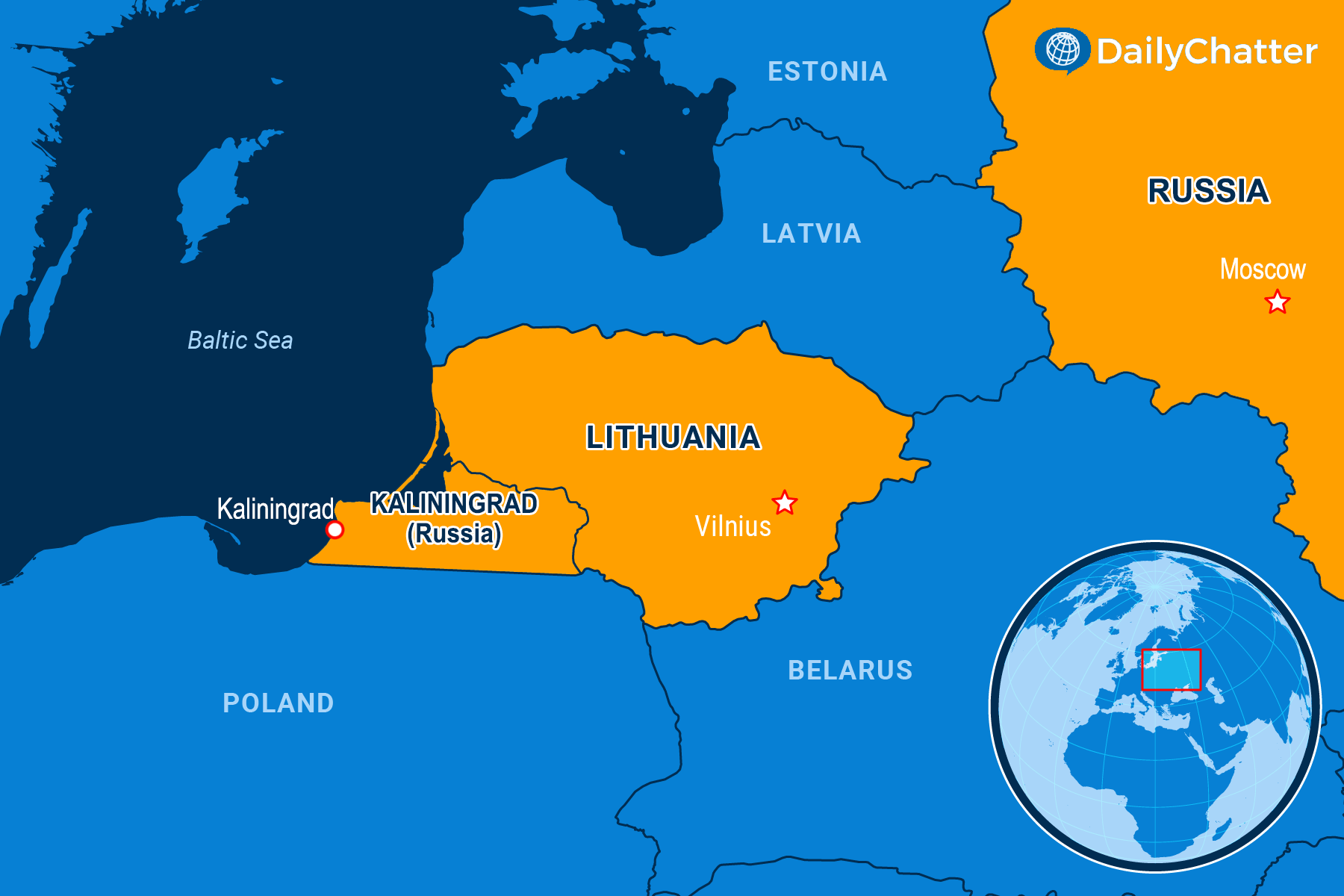
The World Today for July 12, 2022
NEED TO KNOW
An Exclave’s Tale
KALININGRAD

Happenings today surrounding Kaliningrad echo a bygone era when European statesmen standing around an enormous map on a table negotiated borders over cigars and sherry.
Kaliningrad was born in that era. As the Guardian explained, Teutonic knights founded the region in the 13th century. It became the former Prussian region of Königsberg until World War II when the Soviet Union annexed it. Today it is a Russian exclave that is 300 miles from the mainland and surrounded by Lithuania, Poland and the Baltic Sea.
The Ukraine war has put the status of Kaliningrad into doubt once again as Europe enacted sanctions against Russia and instituted a diplomatic freeze against top Kremlin officials. Russia has long stationed nuclear-capable missiles and warships in the region, providing the country with a forward operating base in a conflict against NATO, National Interest magazine wrote.
Kaliningrad has been called Russia’s “unsinkable aircraft carrier,” added the Washington Post. After the breakup of the Soviet Union, the region became a special economic zone featuring low taxes and others costs to stimulate investment.
Lithuania, a former Soviet republic whose leaders are particularly anxious about the revanchist ambitions of Russian President Vladimir Putin, has stopped goods from traveling to and from Kaliningrad because of European sanctions against Russia. Lithuanian President Gitanas Nauseda said it was the small Baltic country asserting its sovereignty in the face of illegal aggression.
On Monday, the governor of Kaliningrad proposed a total ban on the movement of goods between Russia and the Baltic states in response to the “blockade” by Lithuania.
Meanwhile, officials in Moscow warned that the move by Lithuania could further escalate tensions in Eastern Europe, reported the BBC. Russian lawmaker Vladimir Dzhabarov engaged in saber-rattling over the act of containment. “If we feel that this security is violated and we are threatened with the loss of territory, then, of course, we will take extreme measures and nothing will stop us,” he said, according to European Pravda via Yahoo! News.
Language like that spurred European and Russian diplomats to move closer to sealing a deal to settle their disputes involving the region as Western leaders tried to balance their principles, economic needs and strategic assets and liabilities vis-à-vis Russia, Reuters reported. Under the proposed deal, the EU could lift sanctions that apply to other Russian lands so long as Russia doesn’t export from the region.
German Chancellor Olaf Scholz has especially pushed for a compromise to reduce tensions. As Politico explained, he has been pushing to “establish a de-escalation dynamic.”
Such European statesmen have defused violence with such deals. But they have also at times created cascading causes and effects that have led to far worse outcomes.
To read the full edition and support independent journalism, join our community of informed readers and subscribe today!
Not already a subscriber?
If you would like to receive DailyChatter directly to your inbox each morning, subscribe below with a free two-week trial.
Support journalism that’s independent, non-partisan, and fair.
If you are a student or faculty with a valid school email, you can sign up for a FREE student subscription or faculty subscription.
Questions? Write to us at [email protected].
